Track Your Trade Policies With Advanced Export Control in Microsoft Dynamics 365 Supply Chain Management
Posted on: October 2, 2023 | By: Fred Liu | Microsoft Dynamics AX/365, Microsoft Dynamics Manufacturing
With Supply Chain Management and it’s increasing AI capabilities, you can monitor, manage, and verify alignment with export control standards before the stages of confirming, selecting, packaging, delivering, and billing sales orders. Supply chain management is beneficial to many industries including automotive, food & beverage, and manufacturing. The new advanced export control functionality lets you handle your export control guidelines using a built-in Microsoft Dataverse system that seamlessly integrates with your Supply Chain Management module. This ensures compliance to global trade laws by referencing your export-control strategies in real-time.
This export control dataverse system keeps you updated with the many different rules and policies. It facilitates the expression of these rules, even intricate ones, through formulas similar to those found in Microsoft Excel. Being dataverse-centric means your other systems can tap into your export control regulations due to the many connectors Dataverse offers.
Five Primary Concepts of This Solution:
Jurisdictions:
A jurisdiction encompasses codes, categories, constraints, exceptions, and permits. It mirrors configurations relevant to incoming inquiries, such as the US International Traffic in Arms Regulation (ITAR), US Export Administration Regulations (EAR), or EU Dual Use.
You can create as well your own jurisdiction for your companies internal policies.

Codes and Categories:
Within a jurisdiction, codes are often labeled as Export Control Classification Numbers (ECCNs).
For instance, the classification number 7A994, as outlined by the US Export Administration Regulations (US EAR) export control domain, pertains to specific navigation and communication equipment. Per the US EAR, ECCN 7A994 falls within the Anti Terrorism (AT) control segment.

Restrictions:
Every export control jurisdiction has certain constraints determining when exports should not allowed except for exceptions.
Exceptions:
Despite existing constraints, exceptions permit specific actions. Typical exceptions include permits, blanket exemptions, and organizational protocols.
While exceptions are similarly defined as restrictions, they also introduce additional conditions, such as presenting a notification to the user to print text and permits on documents.
Licenses:
These are explicit authorizations allowing the trade of specific goods in a particular scenario. Usually, regulatory bodies grant these permits.
Next Steps:
If you want to learn more about tracking your trade policies with advanced export control in Microsoft Dynamics 365 Supply Chain Management, contact us here to learn how we can help you grow your business. You can also email us at info@loganconsulting.com or call (312) 345-8817.
